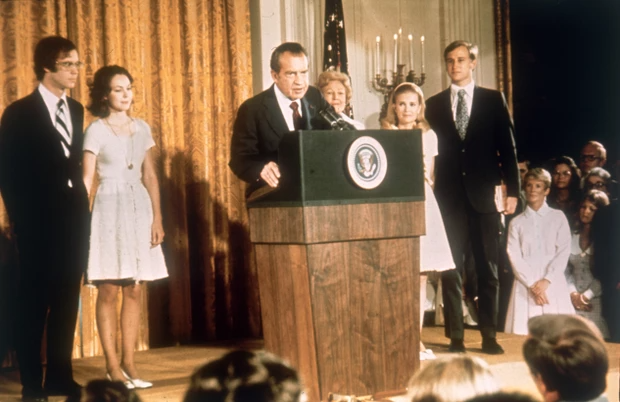US President Impeachment: How many presidents impeached, How it works?
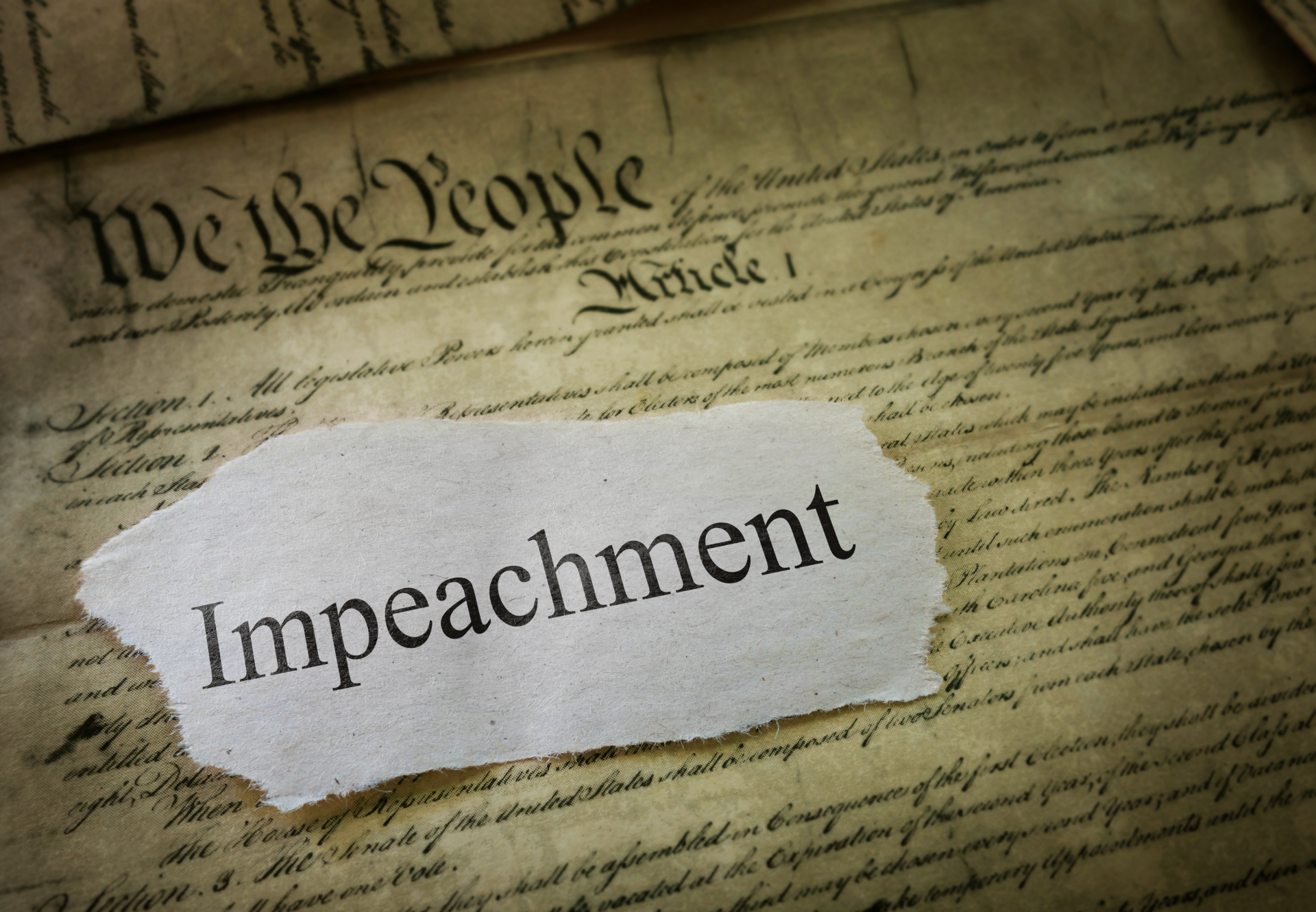 |
| Illustrative photo: Acslaw. |
What does impeachment mean?
A misconception about impeachment is that it refers to the removal of a president from office.
In fact, it refers only to the House of Representatives, the lower chamber of Congress, bringing charges that a president engaged in a "high crime or misdemeanor".
A majority of the House's 435 members approved bringing charges, known as "articles of impeachment".
How does it work?
If politicians believe a president is guilty of what the US Constitution calls "treason, bribery, or other high crimes and misdemeanors", the process begins in the House of Representatives, according to RTE.
Any member can introduce an impeachment resolution which, like any other bill, is sent to a committee. The process can be also be started without a resolution, as with the current impeachment inquiry.
The committee can review the evidence it receives, or carry out an investigation itself. If the evidence is strong enough, the committee crafts articles of impeachment - the political equivalent of criminal charges - and sends them to the full House.
The House can pass the articles by a simple majority vote, "impeaching" the president.
The articles then go to the Senate, where a trial takes place, with representatives from the House acting as prosecutors and the president and his attorneys presenting his defence.
The chief justice of the US Supreme Court presides over the trial in the Senate.
The 100-member Senate then votes on the charges, with a two-thirds majority necessary to convict and remove the president.
If the president is convicted, the vice president then takes over the White House.
Three US presidents impeached, one out of them resigned
1. Andrew Johnson: Impeached in 1868
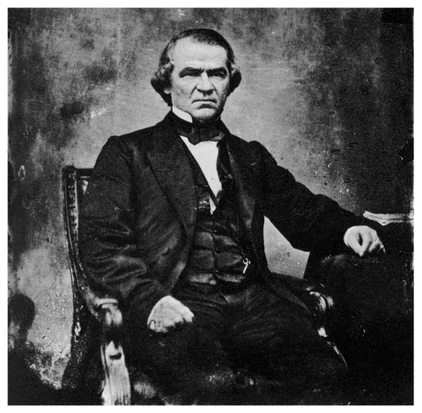 |
| Andrew Johnson, 17th president of the United States. (Photo by The Print Collector/Print Collector/Getty Images) |
Johnson was elected as Abraham Lincoln’s vice president in 1864. The toughest decision facing Lincoln’s second term was how to reestablish ties with the Confederate states now that the Civil War was over. Lincoln’s plan for Reconstruction favored leniency while so-called “Radical Republicans” in his party wanted to punish Southern politicians and extend full civil rights to freed slaves, History mentioned.
Lincoln was assassinated only 42 days into his second term, leaving Johnson in charge of Reconstruction. He immediately clashed with the Radical Republicans in Congress, calling for pardons for Confederate leaders and vetoing political rights for freedmen. In 1867, Congress retaliated by passing the Tenure of Office Act, which barred the president from replacing members of his cabinet without Senate approval.
Believing the law to be unconstitutional, Johnson went ahead and fired his Secretary of War, an ally of the Radical Republicans in Congress. Johnson’s political enemies responded by drafting and passing 11 articles of impeachment in the House.
"Sir, the bloody and untilled fields of the ten unreconstructed States, the unsheeted ghosts of the two thousand murdered negroes in Texas, cry [...] for the punishment of Andrew Johnson," wrote the abolitionist Republican Representative William D. Kelley from Pennsylvania.
Johnson was impeached in the House of Representatives by 126 votes to 47, but narrowly avoided a two-thirds guilty verdict in the Senate by a single vote. After his acquittal, he served out the rest of his term and became the first (and only) former U.S. president to be elected to the Senate.
| Richard Nixon: Resigned in 1974
According to Constitution, the impeachment investigation and ensuing resignation of President Richard Nixon stands out as a profoundly important experience informing the standard for the impeachment of presidents.1 Although President Nixon was never impeached by the House or subjected to a trial in the Senate, his conduct exemplifies for many authorities, scholars, and the general public the paradigmatic case of impeachable behavior in a President. Less than two years after a landslide reelection as President, Richard Nixon resigned following the House Judiciary Committee's adoption of three articles of impeachment against him.2 The circumstances surrounding the impeachment of President Nixon were sparked on June 17, 1972, by the arrest of five men for breaking into the Democratic National Headquarters at the Watergate Hotel and Office Building. The arrested men were employed by the Committee to Re-Elect the President (CRP), a campaign organization formed to support President Nixon's reelection.3 |
2. Bill Clinton: Impeached in 1998
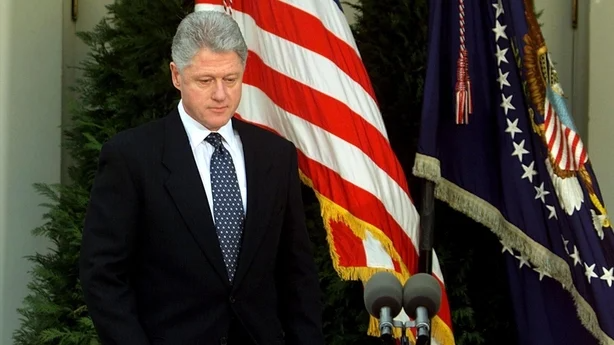 |
| Former US President Bill Clinton, in the Monica Lewinsky scandal, was accused of perjury and obstruction. |
On December 19, 1998, the House of Representatives voted to impeach Clinton on two separate counts: perjury and obstruction of justice. But in the ensuing five-week Senate trial, Clinton was acquitted on both counts.
Clinton was plagued by legal troubles and scandals from the moment he entered the White House. In 1993, Clinton and his First Lady, Hillary, were the subject of a Justice Department investigation into the so-called Whitewater controversy, a botched business deal from their days in Arkansas. And in 1994, Clinton was sued for sexual harassment by Paula Jones, who claimed Clinton exposed himself to her in a hotel room in 1991.
Interestingly, it was a combination of both legal cases that would ultimately lead to Clinton’s impeachment. Independent counsel Kenneth Starr was appointed by the Justice Department to investigate the Whitewater affair, but he couldn’t find any impeachable evidence. Meanwhile, lawyers for Jones got a tip that Clinton had an affair with a 21-year-old White House intern named Monica Lewinsky, a claim that both Lewinsky and Clinton denied under oath.
Starr switched the focus of his investigation when he received 20 hours of taped phone conversations between Lewinsky and Linda Tripp, a former White House colleague, in which Lewinsky alludes to the affair. Starr then got the FBI to fit Tripp with a wire to meet with Lewinsky at a Ritz-Carlton hotel outside Washington, DC, when Lewinsky again admitted to a sexual relationship with the president.
When the story went public, Clinton was forced to address the accusations on national television.
Donald Trump – the first president to be impeached twice
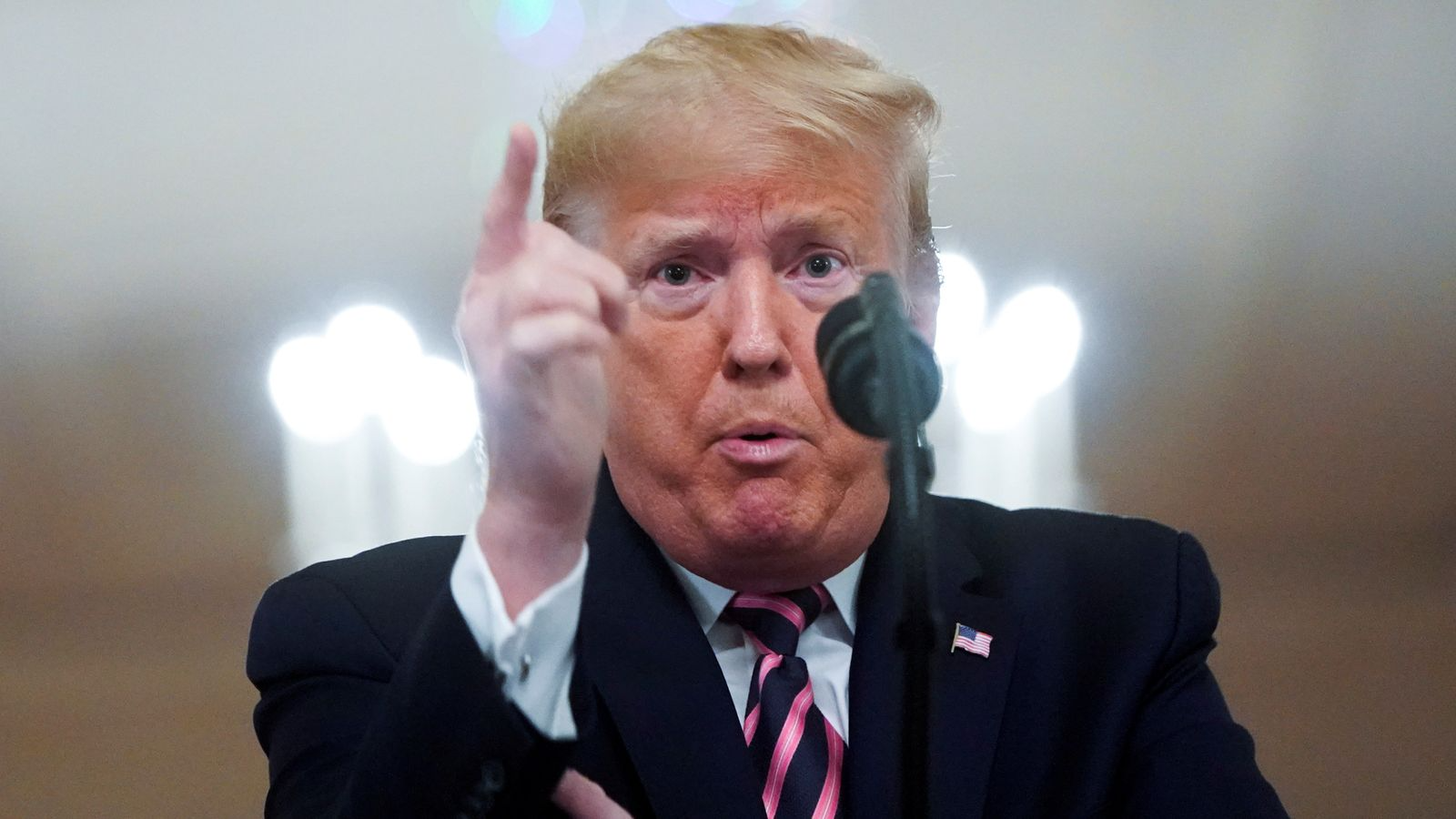 |
| Mr.Trump delivers a statement at the White House after his acquittal in the impeachment trial in February 2020. |
December 18, 2019, President Trump became the third U.S. president in history to be impeached as the House of Representatives voted nearly along party lines to impeach him over abuse of power and obstruction of Congress. No Republicans voted in favor of either article of impeachment, while three Democrats voted against one or both. On February 5, 2020, the Senate voted largely along party lines to acquit Trump on both charges.
December 2019 : Trump was also impeached by the House of Representatives on charges of abuse of power and obstruction of Congress. The Senate acquitted him on both articles on February 5.
| Keys things of Donald Trump’s second impeachment? 1. There are signs of a deep split within the Republican party Some of the most high-profile members of Republican leadership aren’t denouncing the Democratic effort. Quite the contrary. Congresswoman Liz Cheney of Wyoming, the chairwoman of the House Republican Conference, announced on Tuesday that she would join Democrats and a handful of House Republicans in voting to impeach Trump, according to The Guardian. 2. The most bipartisan impeachment in American history Unlike the last time Democrats impeached Trump, there’s a higher level of bipartisan support for the move. Congressman Kevin McCarthy, the House minority leader and top-ranking Republican in that chamber, said during a speech on Wednesday that Trump was partially to blame for the mob assault on the Capitol last week. 3. The vast majority of Republicans refused to concede any fault Throughout the debate on Wednesday two patterns emerged among the arguments Republicans made: deflect and denounce. Republicans repeatedly denounced the mob attack last week. 4. The Senate is a mystery How things will shake out in the Senate is a mystery. McConnell wrote in a letter to colleagues that he has not “made a final decision on how I will vote and I intend to listen to legal arguments when they are presented to the Senate”. 5. Democrats’ security concerns seem well-founded Reporters and lawmakers noted the increased security presence around the Capitol. Congressman Seth Moulton of Massachusetts noted in his floor speech that there were more US soldiers patrolling the Capitol than were stationed in Afghanistan. |
What are the consequences of a second impeachment?
The Senate is currently adjourned and cannot reconvene until Jan. 19 unless it has the unanimous consent of all 100 members. Senate Majority Leader Mitch McConnell said Wednesday that an impeachment trial can’t begin until Mr. Trump’s last full day in office at the earliest, WSJ reported.
If the Senate proceeds to a trial and successfully convicts Mr. Trump, he couldn’t be removed from an office he didn’t hold. But the Senate could immediately hold a follow-up vote, subject only to a simple majority, to ban Mr. Trump—who has weighed another presidential run in 2024—from ever seeking office again. Those are the only punishments the Senate can consider as part of an impeachment conviction. A Senate conviction after Mr. Trump has left office wouldn’t affect his post-presidential benefits, which include a pension and Secret Service protection.
 Which social media platforms does Trump seek to join after blocked from Twitter and Facebook? Which social media platforms does Trump seek to join after blocked from Twitter and Facebook? After President Donald Trump's ban from BigTech, some small, conservative social media platforms have witnessed a surging number of users. In 2019, Trump campaign have ... |
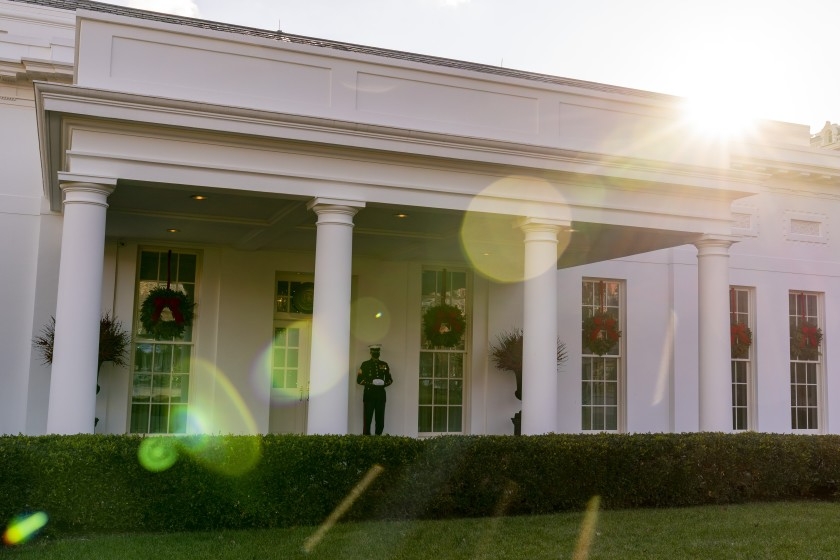 Update Trump’s Pardons: List of 20 high-profile individuals revealed Update Trump’s Pardons: List of 20 high-profile individuals revealed The White House announced that President Donald Trump decided to pardon 15 individuals including Former campaign adviser George Papadopoulos, former Reps. Chris Collins and Duncan ... |
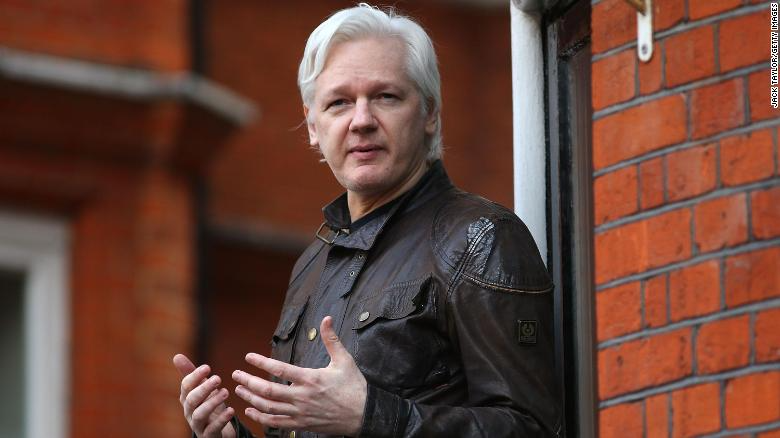 Who is Julian Assange - Pardon by Trump? Who is Julian Assange - Pardon by Trump? Julian Assange is the Australian-based Wikileaks’ founder, who gained notoriety after publishing classified documents in 2010 and 2011. He faces 17 charges of espionage and ... |
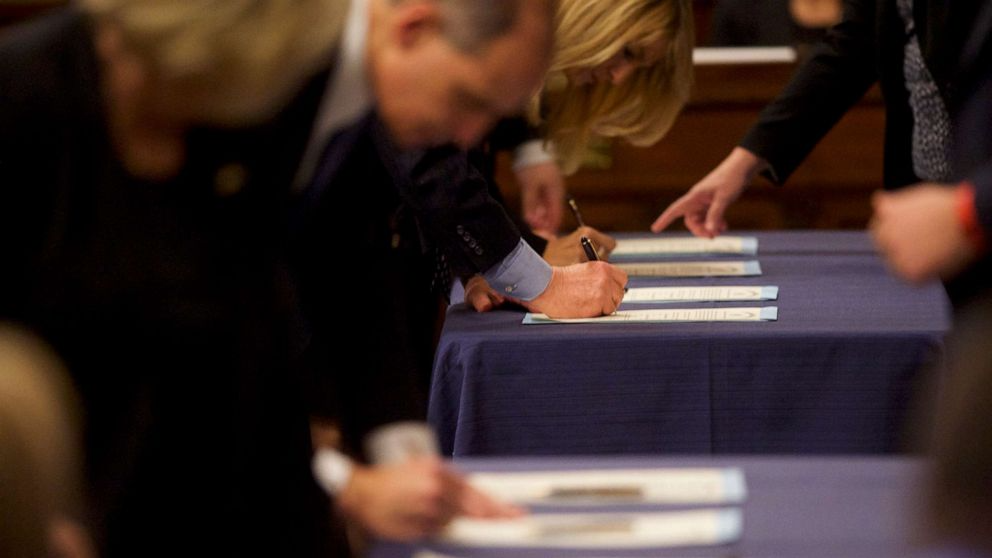 What is the Electoral College and Who are THE ELECTORS? What is the Electoral College and Who are THE ELECTORS? This Monday is going to be the decisive day for the US’ presidential race as electoral college - America’s most important voters will gather to ... |

